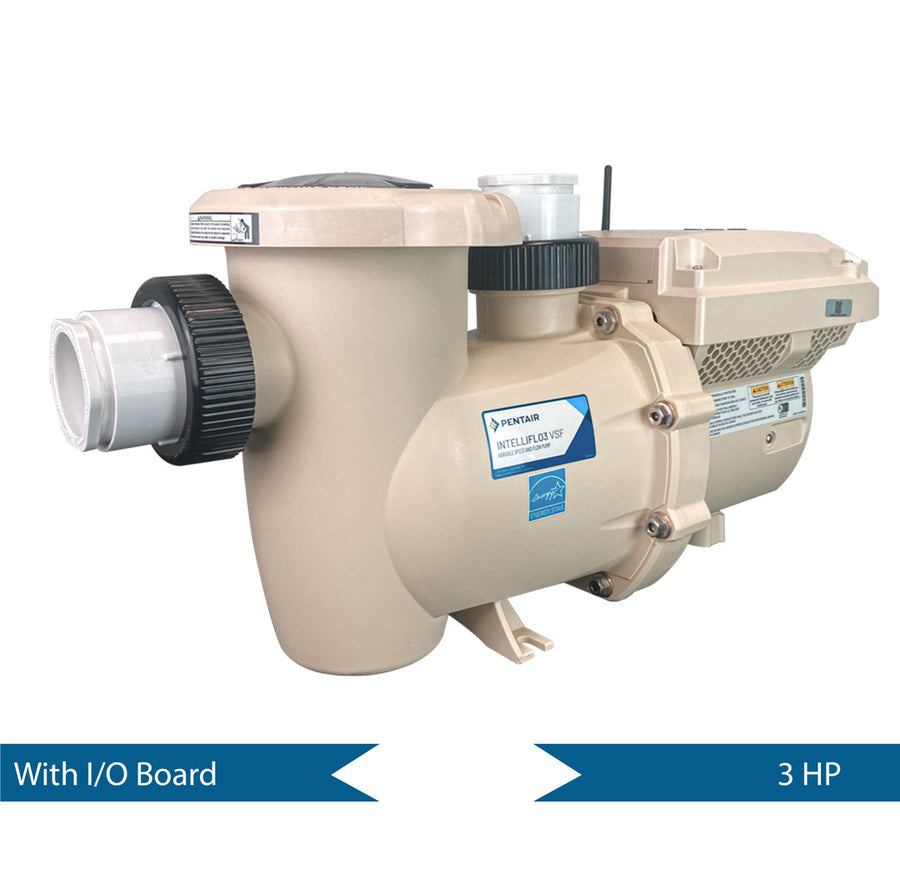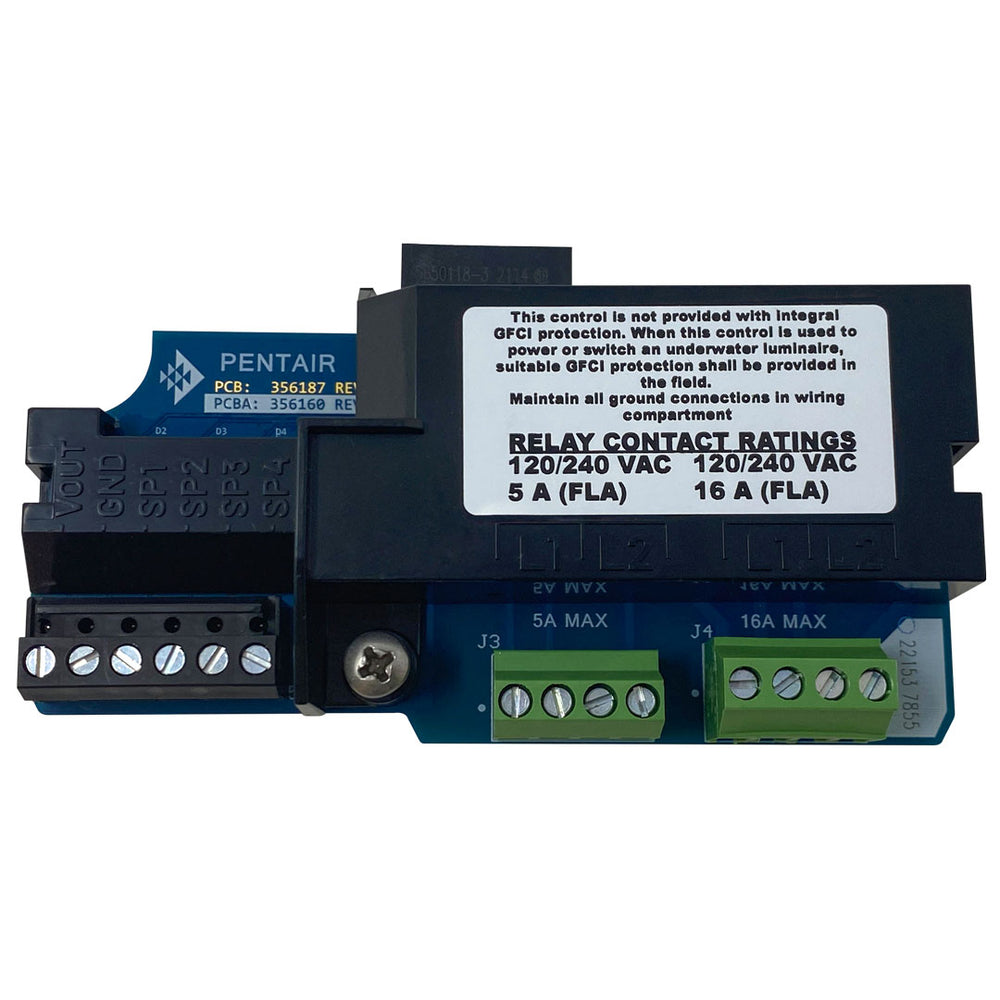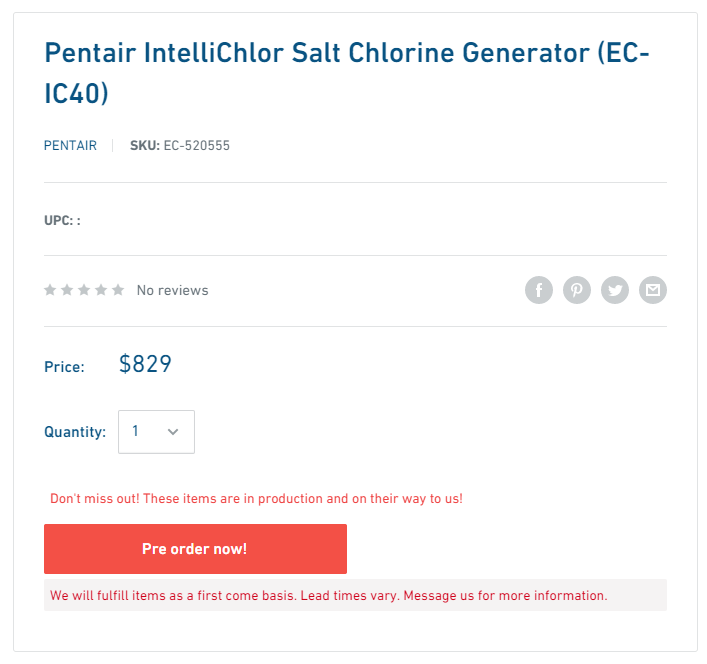Taking the first step: Concrete vs Vinyl vs Fiberglass pools
Hello and welcome! So, you've decided you want to install a pool and you're looking online to find out which type of pool is right for you, but almost all blogs out there are written by the same people that want to you to buy whatever kind of pool they sell/install. And that's where I come in! I've gathered information from all available sources and weeded out the biases. Today I'm going to provide a simple, straight forward pro/con look at the three types of pools.
Concrete
Let's begin with what will be the most straightforward decision for you, Concrete pools. Instillation of these pools begin by having a contractor digging a large hole in your back yard. Then the hole is reinforced with rebar and then surrounded with the concrete. After the concrete sets it is then covered with plaster, tile or pebble finish.

Pros
The only limit on Concrete pools is what you can come up with and what your contractor can install! |
Cons
Concrete pools average around $50.000
Installation times with concrete pools can vary wildly. Typically it takes around 45-60 days for the pool to be constructed and for the material to set.
Water leaches calcium out of the walls of your pool if your water isn't properly balanced. Calcium deficiency in your water causes pitting and roughness. You also need to brush concrete pools more often due to the more porous nature of the surface. This surface holds onto dirt easily and provides a perfect surface for algae to grow.
|
Fiberglass
Fiberglass pools are made of an extremely durable material and shipped whole straight to your home. As seen in the picture below these pools are lowered into a pre-dug hole in our yard then plumbed accordingly.

Pros
While Fiberglass pools can be pricy at first they are very durable and will require much less maintenance and costly upkeep over time.
Fiberglass pools have the shortest installation time. taking only 2-3 days to be finished.
Most fiberglass pools come with a special gel lining that is non-porous, which means there's nowhere for algae to grow. This shell also doesn't absorb chemicals or react with pool water, which means you don't have to add as many chemicals when balancing your water.
When ordering your pool you can include all kinds of features like rails. ladders, tanning ledges and custom tiling. They're also compatible with lights, bubblers and spas. |
Cons
Typically starting around $35.000 Fiberglass pools are more expensive than vinyl, but cheaper than concrete.
Because the pool is delivered in one piece on a truck it runs into some limitations. Maximum size is around 16x40 and you really cant go beyond that.
Because you are buying a prefab bool you can't really customize past what is offered.
The gelcoat can crack over time. and when it does it is very difficult to match the color exactly when applying fiberglass paint. |
Vinyl
Finally we come to vinyl pools. These pools are made to order and thus offer a wide variety of customization options. They are then folded up prior to shipping which also offers more options in regards to size. It is worth mentioning that if you don't already have a steel, concrete or plastic frame that that will add to initial costs drastically.

Pros
Cheapest option to buy up front. Only losing to fiberglass in maintenance costs or if you need to do a full installation.
The size and shape of your vinyl pool can be totally customized. As well you can add all kinds of add-ons such as tanning ledges, and spillover spas.
If only installing the liner itself you're only looking at about a two week wait time, while still slower than a fiberglass pool this is a far shorter wait than the months that a concrete pool can take.
|
Cons
The liner is actually only 20 to 30 thousandths of an inch thick. Small tree branches, pointy pool toys, or a pet's claws can all puncture the lining leading to costly repairs
While vinyl pools have a very low initial cost, the lifetime costs end up being much higher than a fiberglass pool. The lining needs repaired every 5-7 years. And the lack of the fiberglass pool's gel coating means you need to use more chemicals than you otherwise would.
Another downside of the fragility of vinyl pools is that they tend to have minimal warranties. this is also because you without fail need to replace them eventually.
Due to the nature of the vinyl lining you can have seams appear in the walls of your pool. These seams can harbor hart-to-reach algae and dirt. |
Final Thoughts
So, to summarize, concrete pools require a lot of maintenance and deep pockets, but if you want something special and have the time and money to afford it then it’s probably your best option. Vinyl pools are a great option if you already have the framework for a pool in your backyard and want to start swimming for cheap. However, in the end, I think the best pool for the average homeowner is absolutely fiberglass. It's cheaper in the long run and easiest to maintain. If you're willing to buy a prefab, then it’s the way to go!
And that's everything! Thank you so much for reading and if you have any questions please don't hesitate to reach out to us Here. Thank you again and have a wonderful day!






